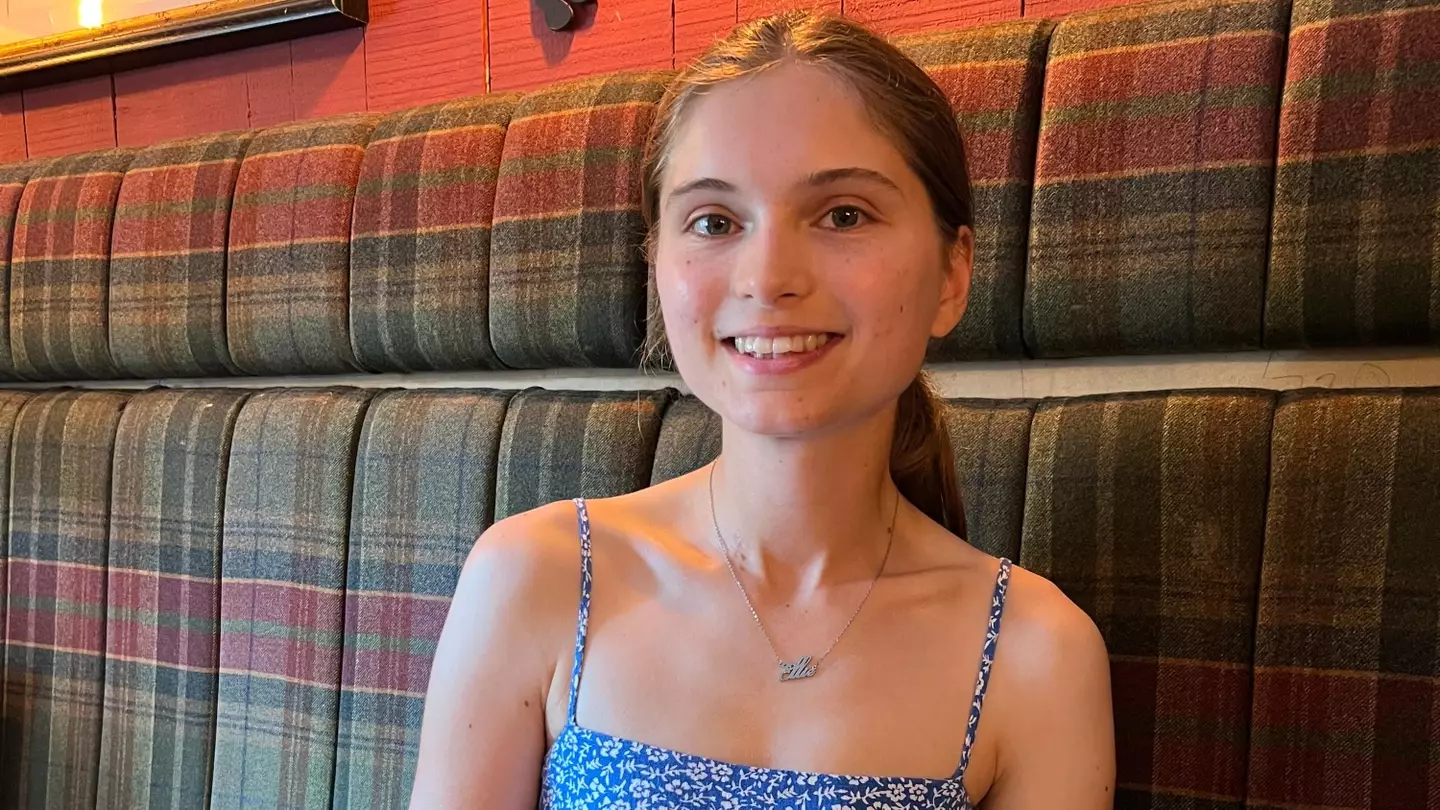
Warning: This article contains discussion of cancer which some readers may find distressing.
A woman who was diagnosed with cancer as a teenager felt like she was 'trapped in an 80-year-old's body', and she didn't mention the early symptom as she was 'embarrassed' by it.
Ellie Waters-Barnes, 24, was 14 when she was diagnosed with Rhabdomyosarcoma, a rare soft tissue cancer.
She had waited seven months before telling her parents and by the time she was diagnosed with cancer in 2015 it had reached stage four, and had thought she was just on an unlucky run of injuries and health problems.
Advert
She said: "I just thought they were separate entities, and I was just really unlucky, and that I would wake up one day and they would all be gone.
"But obviously that didn’t happen."
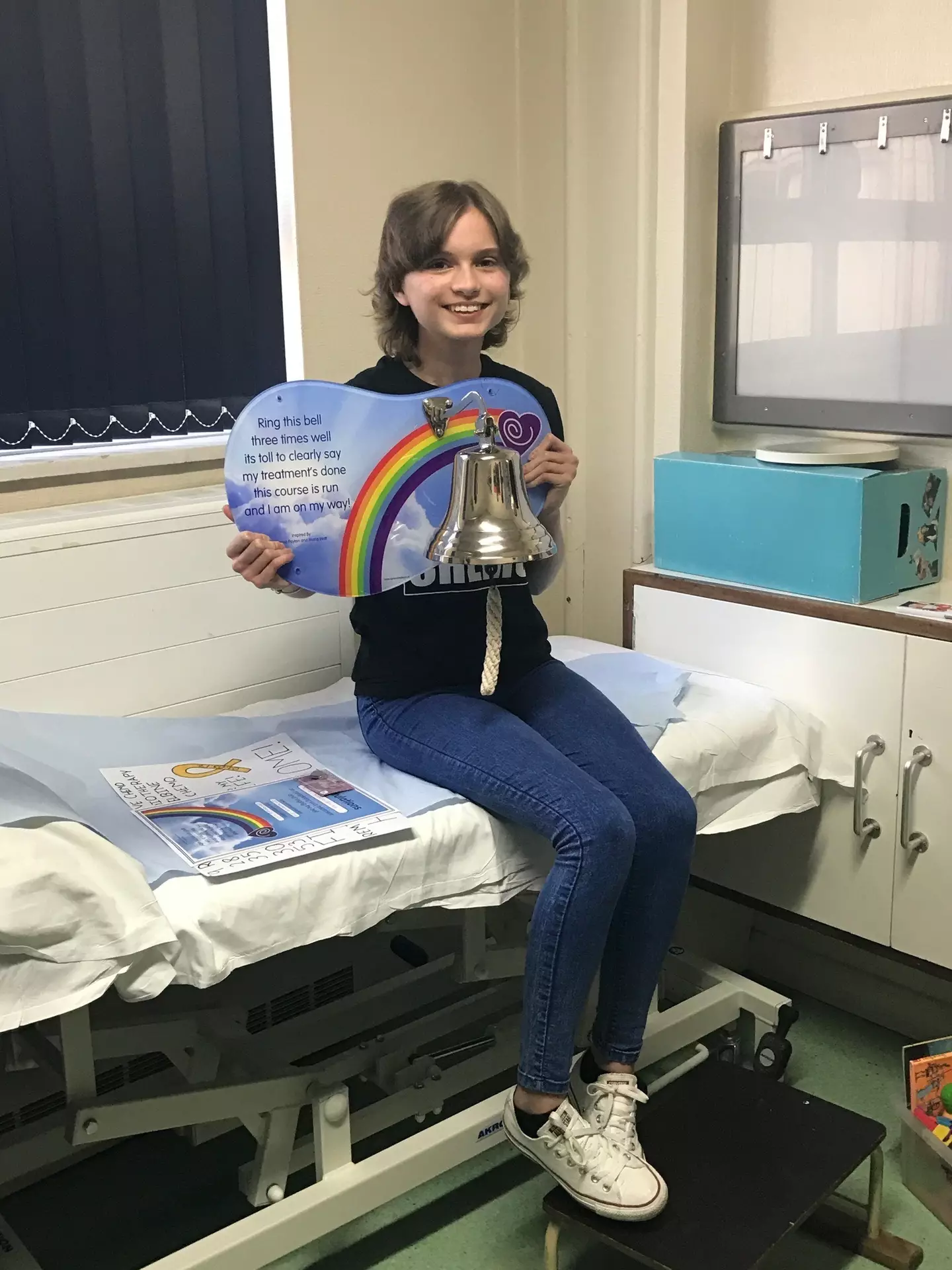
The first symptom she experienced was a 'small, kidney bean sized lump' in her left buttock and the teenager didn't tell her parents as she 'was a little bit embarrassed by' because of its location.
However, in the following months it grew bigger until after seven months it was 'basically taking up the whole butt cheek', when she went to see a doctor it was suspected to be an abscess and she was given antibiotics, but when those didn't work she went to hospital and was diagnosed with Rhabdomyosarcoma.
Along with that lump, Ellie developed lumps in her groin lymph nodes, constipation which she later learned was from the tumour pressing on her rectum, she had trouble urinating and she got a sharp pain at the top of her left leg when she ran.
Because of the cancer's location, the chemotherapy and radiotherapy Ellie received was focused on her pelvic area and damaged her reproductive organs, with her going through 18 months where doctors 'had to literally pull out all the stops' including nine months of intensive chemotherapy.
During her treatment her hair fell out and she had to have a feeding tube, and she said she was 'in survival mode at the time'.
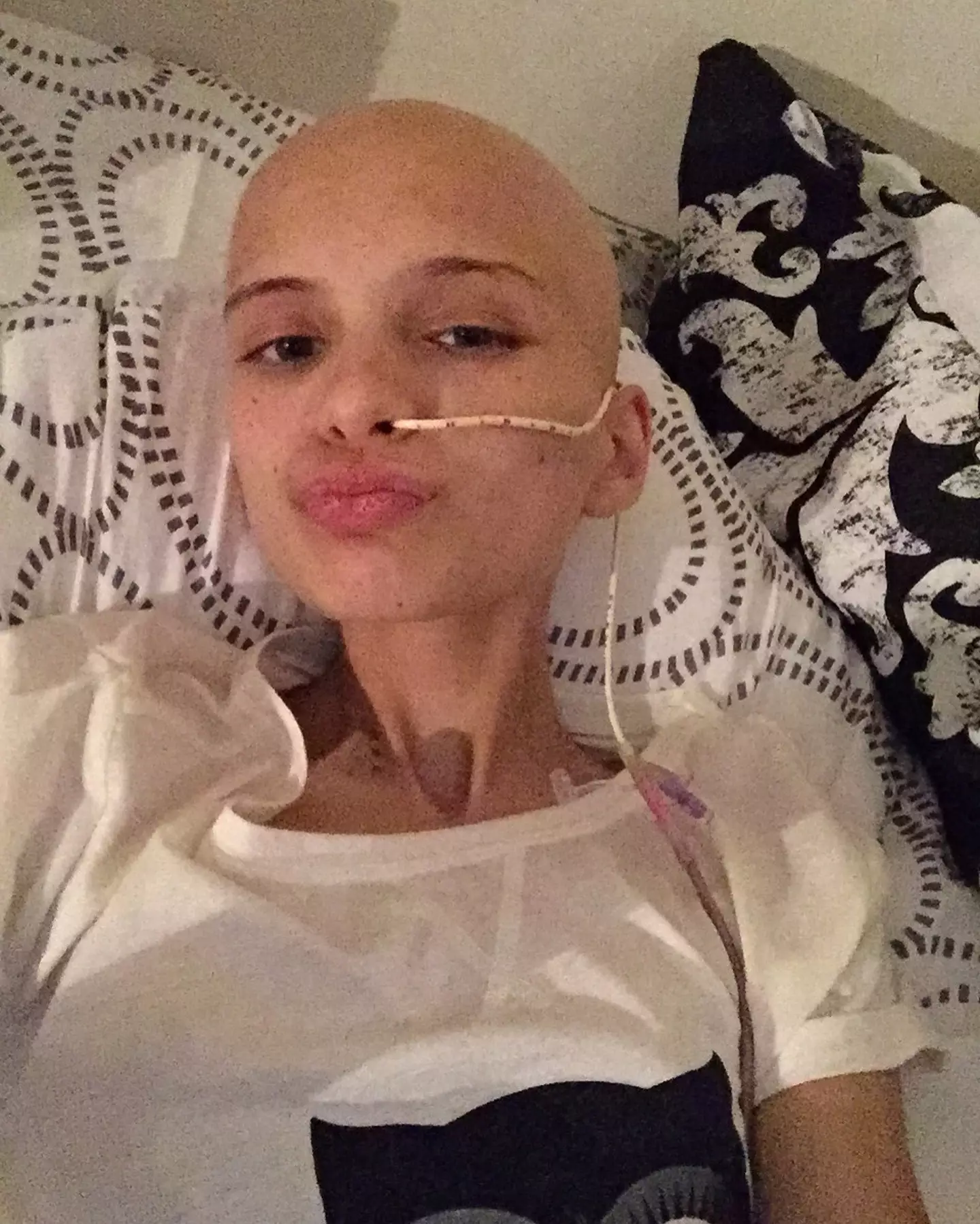
Her cancer treatment essentially halted her puberty and it was confirmed that Ellie was experiencing early menopause after her periods didn't return and she was told she was infertile.
She said she went through times feeling 'unwomanly' and 'alien' compared to her friends, and wants to help encourage an open conversation about the 'very taboo topic' of early menopause.
"Over time, I’ve just learned not to care,” Ellie said, with her now studying medicine with the aim of becoming an oncology doctor.
"I’ve just got to try and accept the body that I’ve been left with, and the main thing I try to do is to focus on what I can do, rather than what I can’t or what I don’t have, because there’s nothing I can do to change it."
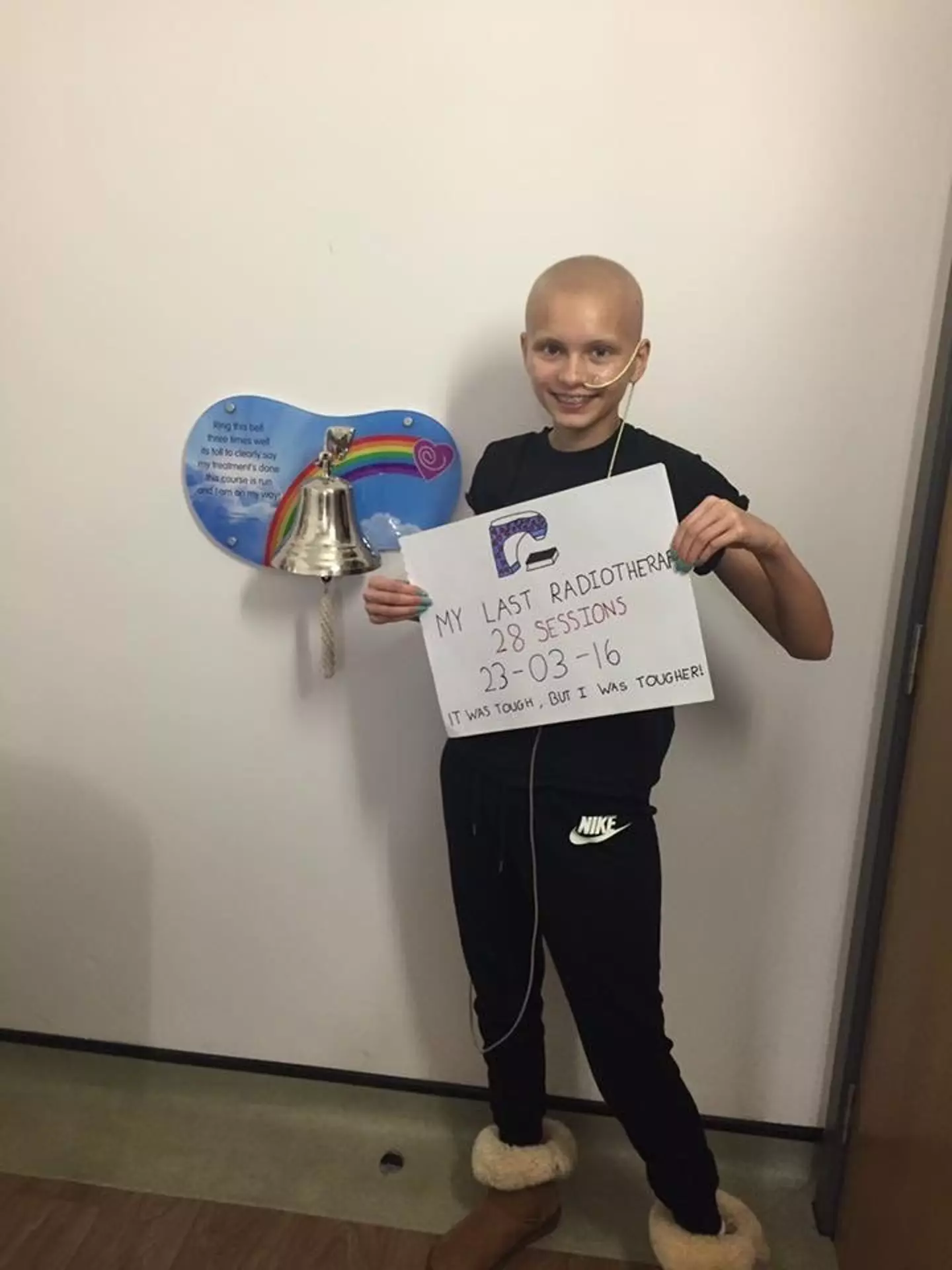
Since she was 15 she did not understand the symptoms of menopause, thinking it 'meant no periods and maybe the occasional hot flush', but she had fatigue, aching and other symptoms she put down to lingering effects of the chemotherapy.
After Ellie entered remission she was able to return to school but she found it difficult when other girls her age were 'talking about periods, boys, hormones and sex' as she felt like she was 'an 18-year-old trapped in an 80-year-old's body'.
She said: "I have a bit more of a childlike body compared to my peers: my breasts never really developed, I’m still quite skinny, scrawny, not very curvy.
"That, alongside the infertility, and then the fact I don’t get periods, and I’ve gone through the menopause, made me feel very unwomanly.
"It affected my body image a lot, and my self worth, I felt very undesirable. I thought I’d never be able to date anyone, because I just didn’t think anyone would find me attractive in that way.”
She also suffered a 'terrible brain fog' while studying for her A-Levels and in April 2020 paid £250 for a private menopause consultation which led to her being prescribed a hormone replacement which worked.
Within two weeks she 'felt like a new woman', and now she wants to use her experience to help others.
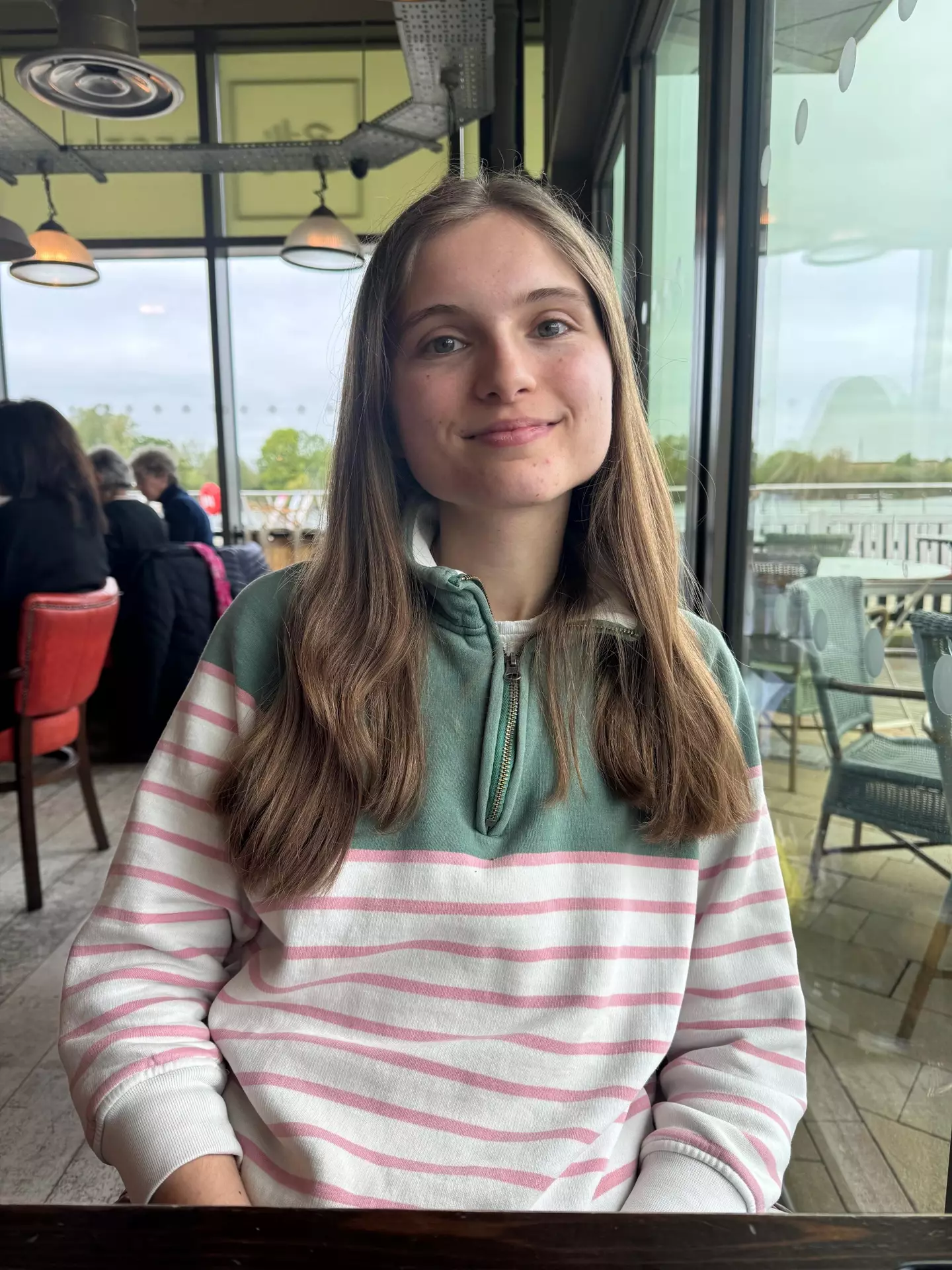
"For me, it’s just all about acceptance – accepting my situation, making sure I don’t bottle it up, talk to people about it. Then by doing stuff like this, raising awareness, it makes me feel like there’s a positive out of a bad situation. A bit of a silver lining," she said.
"I’m able to help others, share my story and spread a bit of awareness. So that gives me a lot of solace in the situation that I’m in.
"I think particularly early menopause is a very taboo topic that people don’t talk about, people are quite ashamed about it.
“I always say to people that are going through a similar situation to me: empower yourself with knowledge. Read everything that you can about early menopause, listen to podcasts, watch documentaries, because you are your own best advocate."
Claire Taylor, chief nursing officer at Macmillan Cancer Support, said: “Navigating treatment-induced menopause can be an incredibly challenging time – and many women are still going through this process feeling overwhelmed and alone.
“For anyone confronting these changes and symptoms Macmillan is here for you every step of the way providing specialist advice and support through our Macmillan Support Line, Cancer Information and Support Centres and Online Community.”